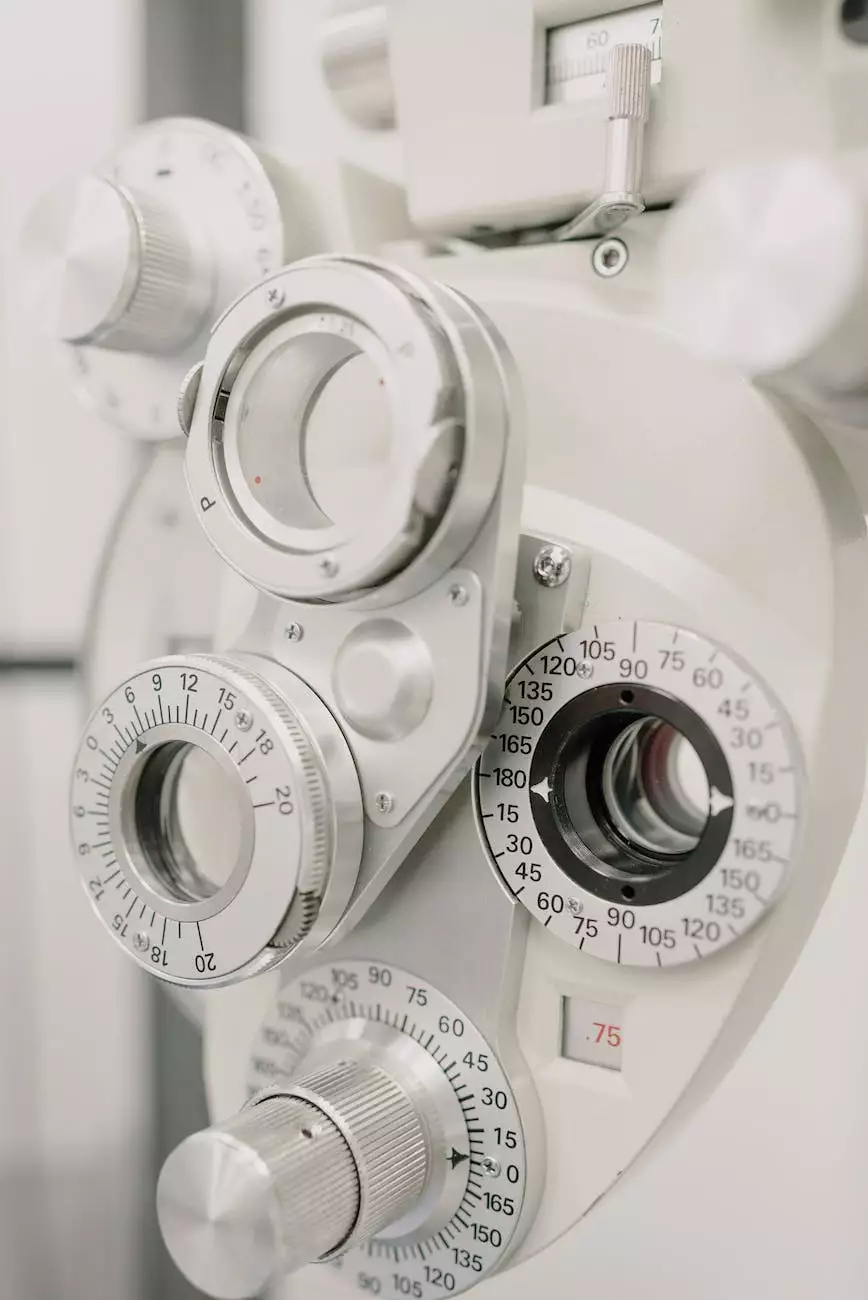Is an EPO Plan Right for You?
Blog
Understanding EPO Health Plans
An EPO (Exclusive Provider Organization) health plan is a type of managed care plan that offers a network of healthcare providers to its members. It falls under the larger umbrella of health insurance plans, but it has distinct characteristics and considerations that you should be aware of when determining if it is the right fit for you.
The Benefits of Choosing an EPO Plan
One major advantage of an EPO plan is its emphasis on cost savings. These plans often have lower monthly premiums compared to other types of health insurance plans. Additionally, EPO plans typically do not require you to select a primary care physician or obtain referrals to see specialists within the network.
Another benefit is the level of choice and convenience offered by EPO plans. With a wide network of healthcare providers, you have the flexibility to choose from various doctors, specialists, hospitals, and other healthcare services within the network. This can be particularly beneficial if you have specific healthcare needs or preferences.
EPO plans also provide coverage for preventive care and necessary medical treatments, ensuring that you have access to essential healthcare services when you need them the most. This can contribute to maintaining your overall health and well-being in the long run.
Considerations for Choosing an EPO Plan
While EPO plans have numerous benefits, it is important to consider certain factors before making a decision:
Network Limitations
One key point to keep in mind is that EPO plans typically have strict network limitations. Unlike PPO (Preferred Provider Organization) plans, EPO plans do not provide coverage for out-of-network services, with few exceptions for emergency situations. Therefore, if you have a preferred healthcare provider who is not part of the EPO network, you might need to consider alternative options.
Geographical Restrictions
Another consideration is the geographical restrictions that may apply to EPO plans. These plans often have networks that are specific to certain regions or states. If you frequently travel or reside in different locations, it is important to verify that the EPO plan covers services in those areas.
Specialist Referrals
Unlike HMO (Health Maintenance Organization) plans, EPO plans generally do not require you to obtain referrals to see specialists within the network. However, it is crucial to understand the process for accessing specialized care, ensuring that it aligns with your healthcare needs and preferences.
Choosing the Right Health Insurance Plan
Ultimately, the decision of whether an EPO plan is right for you depends on your individual circumstances, preferences, and priorities. It is advisable to assess your healthcare needs, financial considerations, and the quality and availability of healthcare providers within the EPO network.
Researching and comparing different types of health insurance plans, including EPOs, can help you make an informed decision that aligns with both your short-term and long-term healthcare goals. Discussing your options with a licensed health insurance professional can also provide valuable insights and guidance tailored to your specific situation.
Conclusion
In conclusion, an EPO plan can be a suitable option for individuals seeking cost-effective healthcare coverage with a wide network of providers. However, it is crucial to consider the network limitations, geographical restrictions, and specialist referral processes specific to EPO plans. By carefully evaluating your healthcare needs and priorities, you can make an informed decision about whether an EPO plan is the right fit for you.




